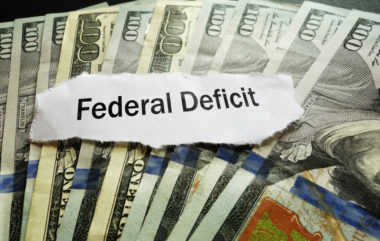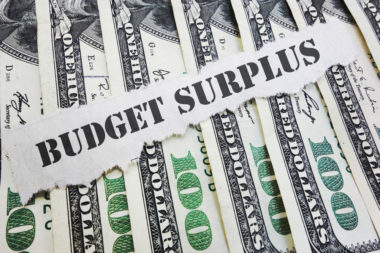The holidays are a season of giving, with many charities receiving 41 percent of their total donations in the last few weeks of the year. However, some shady individuals mean to use the spirit of altruism during the holidays for their own gain. Charity scams take off during the holidays, intent on taking advantage of those who want to make the world a better place and improve the lives of the less fortunate. Make sure that you don’t get caught up in a holiday charity scam so that your donations can do the most good.
Who are Holiday Donation Scammers?
Scam artists operate all year-round. However, during the holidays their scams can take on a more malicious tone as they seek to get ahold of money destined for some of the great charity organizations in the world.
As more people start to get into the spirit of giving during the holiday season, scam artists begin to plan their charity fraud. These fake charities don’t distribute anything to the poor. Instead, they just direct money into the pockets of the scammers.
Fake charities usually have some telltale signs.
- Charity scammers will pressure you for a donation in cash and on the spot. They are eager to get you to pay up so that they can move on to their next target. Scammers may also only ask for small donations. Most people won’t think too much about parting with a little cash, but early success will only embolden the scammer to come back for more or exploit others.
- Fake charities are quick, impromptu affairs. A fake charity might call you one day, only to have disappeared the next. This also means that they have very little historical presence and a physical location that’s either temporary or non-existent.
- Scammers will often try to pass themselves off as affiliates of more well-known charities, or even those famous charity organizations themselves. They hope to gain some unearned credibility through association with a legitimate charitable organization.
How You Can Avoid Becoming a Victim of Charity Fraud
Charity scammers have learned a lot of tricks get donations that are intended for legitimate charities, but that doesn’t mean that it’s impossible to spot a fake charity and make sure that your money goes exactly where you want it to. There are a few things that you should do to avoid a charity scam.
- Ask for documentation. Legitimate charities must register with the IRS as a 501(c)(3) nonprofit organization. This authorization means that the IRS has examined the charity and determined their activities to be legitimate for the purpose of collecting donations and putting them to good use in the community. If an organization solicits money from you under the guise of charitable work, but they refuse to show proof of their 501(c)(3) status or admit that they are not a certified nonprofit, do not give them your donations.
- Do your research. The best way to find out who you should donate to during the holidays is to research charities beforehand. Organizations like Charity Navigator and GuideStar track the activities of charities throughout the world and condense their findings into reports meant for potential donors like you. Reading about charities on these websites can tell you who will use your money best. If you hear from an organization that doesn’t have a presence with any charity watchdog or anywhere else on the web, be very wary. You may be talking to a scam artist.
- Donate with your credit card. Cash donations are quick, but they can also be very insecure. Once your cash leaves your hand, it’s out of your control. If you made a mistake and gave it to a scammer, then you have very few options for getting it back. Instead, donating with a credit card gives you two options to fight scammers. First, scam artists won’t go through the trouble of setting up a retail account with one of the major credit card companies. However, this doesn’t mean that scammers won’t try to collect your information. As always, be safe with your credit card during the holidays. Second, your ability to chargeback money from a retailer to your credit card account gives you options if you think that you’ve mistakenly given to a less-than-reputable organization.
- Don’t feel pressured to donate. Legitimate charitable organizations know that they can put your donation to good use whether you donate today, next week, or next month. Charity scammers, however, want to get your money quickly and close up shop before they can be caught. If you feel like you are being unreasonably pressured into donating on the spot, then it’s best to take your charity elsewhere.
Charity fraud is out there, but you don’t have to fall for them. Investigate organizations before you donate, don’t give into high pressure tactics, and donate with your credit card to make your donation more secure. The holidays are a time for giving and we don’t have to let charity scammers ruin that.
Image Source: https://depositphotos.com/





